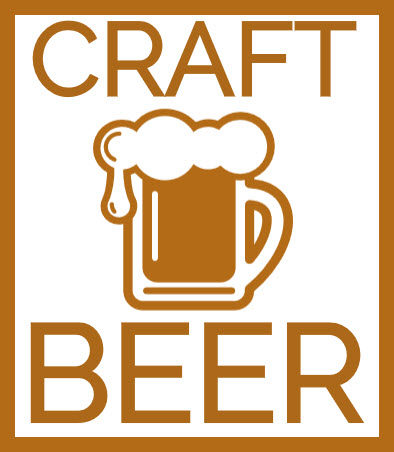The Growth of the Craft Beer Industry
The emergence and growth of the craft beer industry have been remarkable over recent decades. It has transformed from a niche segment into a thriving part of the broader beverage market. This expansion is driven by a multitude of factors. A key driver is the growing consumer appetite for diverse and unique flavors, which traditional beers often do not provide. Additionally, the rise of local breweries has made craft beer more accessible, further propelling its popularity. Consumers are increasingly leaning towards premium and artisanal products, reflecting a trend towards premiumization in the alcoholic beverage sector, creating a fertile ground for the industry to flourish.
The Role of Craft Beer Festivals
Craft beer festivals have become central to the narrative of growth within the industry. They are not just festive gatherings for beer enthusiasts but serve as important conduits for various stakeholders including brewers, consumers, and the local economy.
Business Development and Networking
These festivals provide a unique setting for significant business development and networking opportunities. They serve as vital meeting points where breweries connect with various industry partners. Breweries can engage with distributors anxious to find the next big hit in the beer market, retailers seeking unique products to distinguish their shelves, and collaborators interested in pooling expertise for mutual benefit. Networking at these events can create pathways to new business ventures and distribution deals that could substantially increase a brewery’s market reach and profitability.
Brand Exposure
For smaller and newer breweries, one of the substantial challenges is gaining visibility in a marketplace filled with established players. Craft beer festivals offer a solution by providing a platform that attracts thousands of attendees. Each event becomes an opportunity to introduce unique products to a broader audience. Breweries benefit from immediate feedback from consumers who may become long-term customers. This face-to-face interaction is essential for building a loyal customer base, thus enhancing brand exposure in a meaningful and impactful way.
Consumer Education
Another pivotal role that these festivals play is in educating consumers. Education is crucial for empowering consumers to make informed choices and to develop a deeper appreciation of craft beer. Many festivals offer workshops, seminars, and guided tastings that cover various topics. These can range from understanding the brewing process, learning about different hops and grains, to discerning the subtle flavors that differentiate beer styles. As consumers become more educated, they are likely to seek out products that reflect their newfound knowledge, increasing the demand for high-quality artisanal beers.
Impact on Local Economies
The impact of craft beer festivals transcends the boundaries of the industry to touch local economies in significant ways. By drawing large crowds, these festivals contribute to increased tourism, and this influx of visitors provides a boon to local businesses including hotels, restaurants, and retail shops. Reports from the Craft Brewers Conference often highlight the substantial economic impact these events can have, sometimes generating millions of dollars in revenue for their host cities. This economic activity not only supports local jobs but also stimulates regional economic growth.
Driving Innovation
Craft beer festivals are also considered hotbeds of innovation. Brewers often use these events as experimental grounds where they can unveil new and novel brews. These experimental batches allow breweries to gauge consumer reactions in real-time, providing critical feedback before considering full-scale production. This process of experimentation encourages the development of new brewing techniques and the creation of unique beer styles. The willingness to experiment keeps the industry dynamic and continually evolving, allowing craft beer to stay fresh and exciting for both consumers and producers.
Challenges and Considerations
Despite the myriad benefits craft beer festivals offer, they are not without their challenges. Organizers face logistical hurdles such as selecting appropriate venues that can accommodate large crowds, acquiring the necessary permits to operate, and ensuring that the event adheres to safety regulations. On the brewery side, there is the consideration of costs associated with participating in these festivals. Travel expenses, booth setup, and staffing must be weighed against the potential exposure and business opportunities that participation could generate.
In conclusion, craft beer festivals are undoubtedly a cornerstone of the industry’s growth and sustainability. They provide essential platforms for connection, education, and innovation, ensuring that craft beer retains its status as an exciting and dynamic sector within the broader beverage market. As the industry continues to evolve, these festivals will likely remain integral, adapting alongside the changing landscape and continuing to foster the growth of craft beer.

